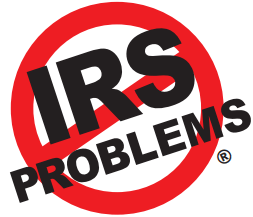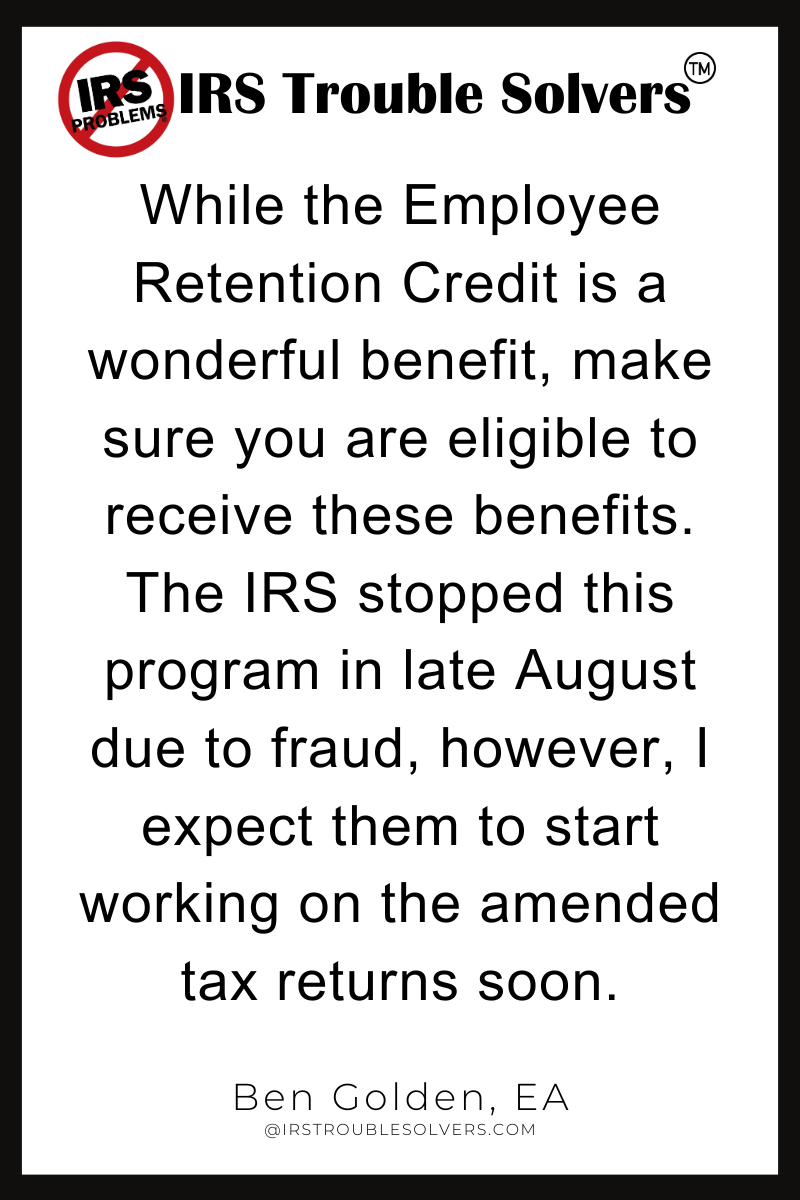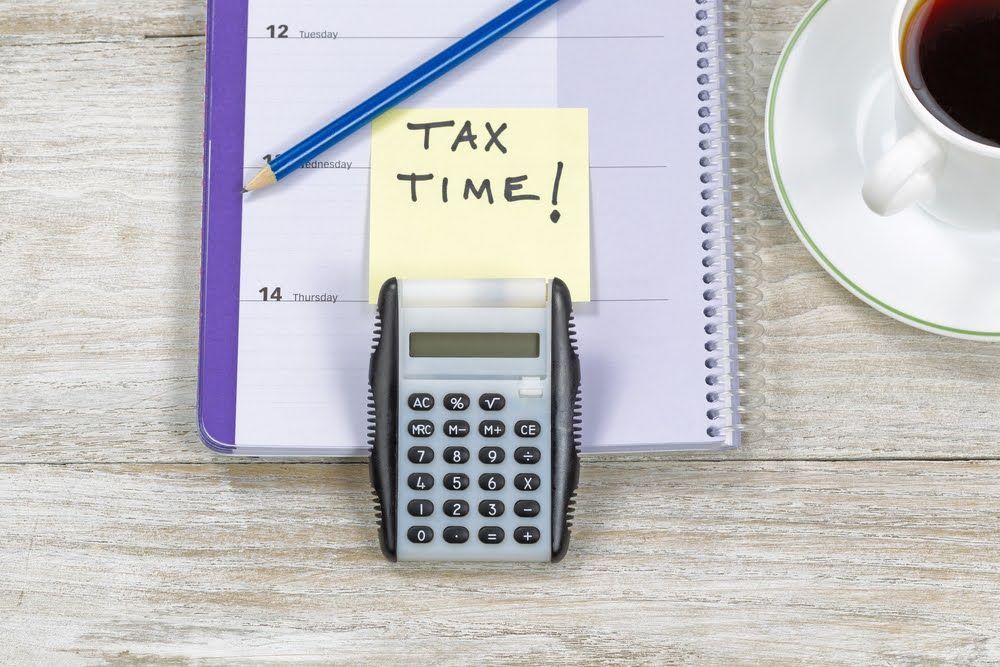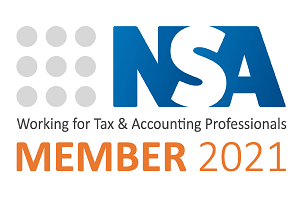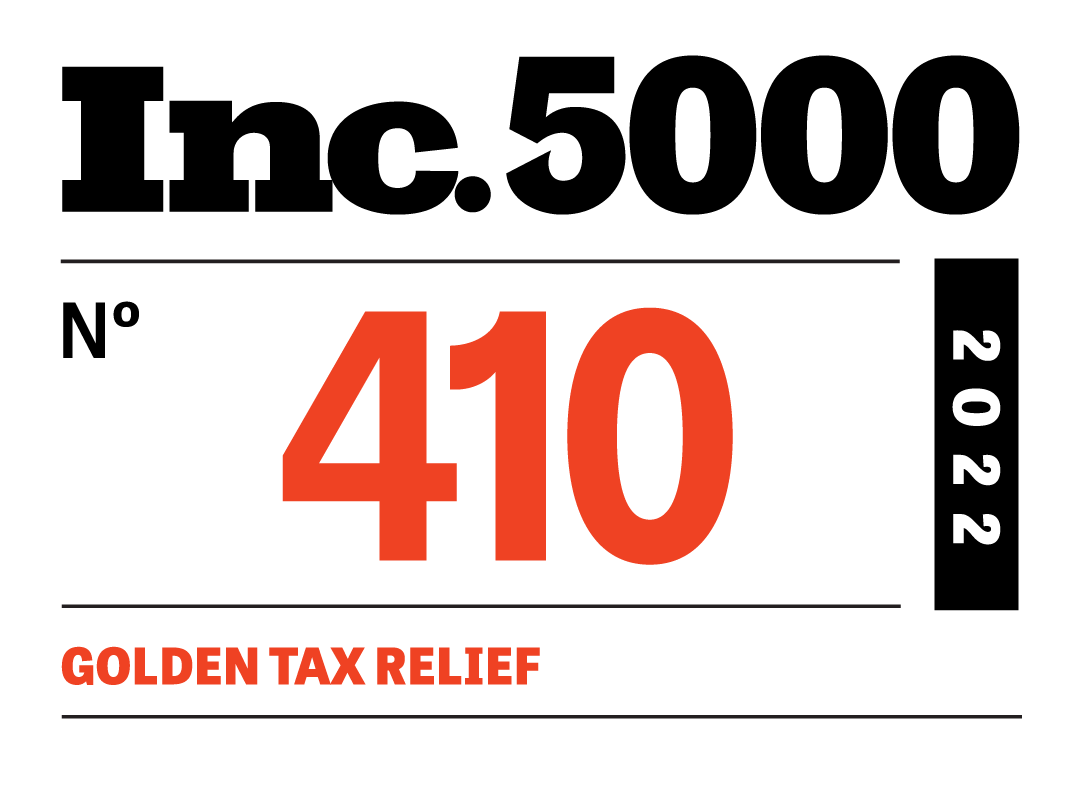
Under-the-Radar IRS Audit Triggers for Small Businesses

Small businesses are sometimes at risk of being audited by the Internal Revenue Service (IRS). This can be a nerve-wracking and time-consuming experience that can lead to significant financial and legal consequences.
Unfortunately, many small business owners are not familiar with the things that can trigger an audit, which can leave them unprepared. This becomes even more challenging as the IRS regularly changes and updates its audit selection process.
This blog post highlights a few little-known things that could trigger an IRS tax audit for your small business.
Cash Transactions
The IRS is well aware that cash transactions are difficult to track and often result in unreported income. Cash leaves little to no electronic or paper trail, which makes it easier for businesses to under-report their income and evade taxes.
As a result, the IRS tends to pay closer attention to businesses that operate largely in cash, such as restaurants, bars, and retail shops. They scrutinize these businesses more intensely—not necessarily because they're doing anything wrong, but rather because the opportunity for tax evasion is greater. Simply put, cash-based businesses are just more likely to fall under the IRS's radar.
But it's not just the nature of cash transactions that draws the IRS's attention—it's also the threshold at which businesses are required to report them.
Under the Bank Secrecy Act, if a business deposits more than $10,000 in cash in a single transaction or two or more related transactions, it must file a Form 8300 with the IRS. This regulatory requirement aims to prevent money laundering and other illegal activities that often involve large amounts of cash.
However, this can also flag a business for an audit, especially if the IRS suspects structuring—an illegal practice where businesses make multiple smaller deposits to avoid triggering the $10,000 reporting threshold.
To avoid an audit, you need to keep accurate records of all cash transactions. This includes keeping detailed receipts and maintaining a cash logbook to track all incoming and outgoing cash.
But if you do happen to get audited, it helps to have a professional who can represent you and explain the nature of your cash transactions to the IRS. This way, you can easily navigate any potential misunderstandings or accusations of tax evasion.
Large Charitable Donations
Charitable donations, although driven by goodwill and the desire to contribute positively to society, can raise red flags at the IRS, especially when the amounts are substantial. For small businesses, an unusually high charitable donation can become an audit trigger, as the IRS might question whether these are genuine gifts or an attempt to reduce taxable income by inflating deductions.
This skepticism stems from the IRS's understanding that small businesses, which typically have tighter budgets than larger corporations, may find it significantly difficult to make large donations without it impacting their bottom line.
In addition to the proportionality of the donation to the business's income, the legitimacy of the recipient organization also comes under scrutiny. The IRS maintains a list of recognized tax-exempt organizations, and donations made to entities not on this list are not eligible for tax deductions.
As such, a small business that makes a large donation to an unqualified or non-existent charity will certainly catch the IRS's attention. To avoid raising any alarms, small businesses should not only ensure that their charitable donations are reasonable and proportionate but also verify the legitimacy of the recipient organization before making a contribution.
If the donation is a non-cash item, such as property or equipment, it's advisable to have it professionally appraised to determine and document its fair market value accurately.
IRS Trouble Solvers specializes in helping small businesses with their tax-related concerns. Whether you need assistance with an audit or want to ensure that your tax records are accurate and up-to-date, our team of experienced professionals is here to help. Don't let these under-the-radar triggers catch you off guard. Contact us today for expert guidance and support.

